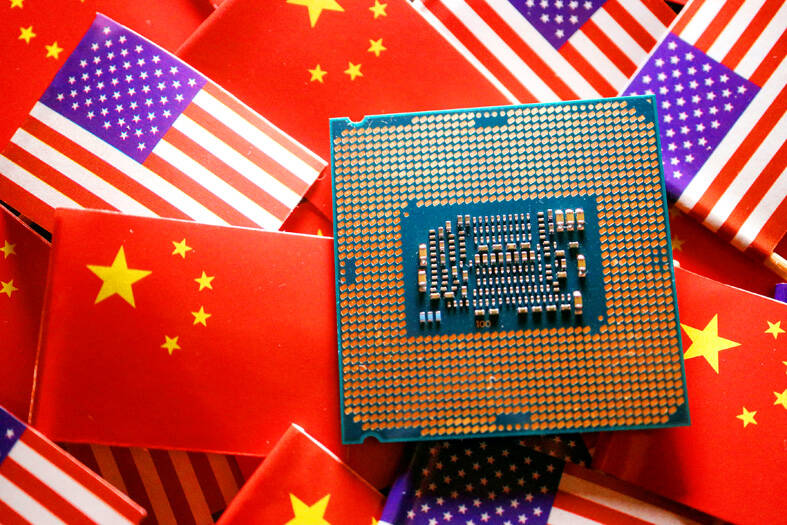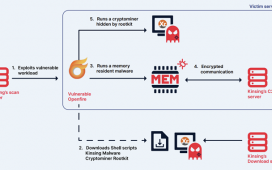EXECUTIVE ORDER:
The restrictions would target investments in projects sensitive to national security, such as in artificial intelligence and code-breaking technologies
US President Joe Biden’s administration is nearing completion of an executive order that would restrict investments by US companies in parts of the Chinese economy, including advanced technologies that could enhance Chinese military and intelligence capabilities, people familiar with the matter said.
The effort is at an advanced stage, with Biden prepared to request funding for it in his fiscal 2024 budget meeting on Thursday, reports to the US Congress obtained by Bloomberg showed.
The order would add to the administration’s toolkit to address concern about Chinese technological advances, which includes export controls on advanced semiconductors and new guidance on screening Chinese investments in the US.

Photo: Reuters
While working on the policies, officials discovered that US investments in China often come with intangible benefits such as managerial and technical expertise that can help Chinese firms grow quickly, the people said.
The restrictions are meant to capture investments in projects that have clear national-security applications, including artificial intelligence and code-breaking technologies.
US companies currently face no US government restrictions on investing in the Chinese tech sector. Some have invested in Chinese companies that are developing cutting-edge supercomputing capabilities and other technologies that can be used in military applications.
The administration is working with allies and partners to develop the program, and it submitted two reports to Congress on Friday outlining the cost of setting up a so-called “outbound investment program” with the US Department of the Treasury.
The outlines of the program, which would target some sensitive “dual-use” technologies that can be used in commercial and military applications, are included in the brief reports to Congress seen by Bloomberg.
Although the reports do not mention specific technologies or countries, some advanced semiconductors, quantum computing and artificial intelligence are expected to fall within the scope of the program.
It is “a good first step to ensure US investment does not fuel the Chinese Communist Party’s capabilities and create dangerous dependencies,” said US Representative Rosa DeLauro, the top Democrat on the US House of Representatives Committee on Appropriations.
The program would be implemented and administered by the Treasury in coordination with the US Department of Commerce, which maintains extensive lists of individuals and firms that are barred from receiving some sensitive US exports.
However, the new program is broader in scope. Investments that would be subject to it “are of a nature that they are not presently captured by export controls, sanctions or other related authorities,” the reports to Congress said.
Actions could include prohibiting the investments or seeking more information about other investments, one of the reports said.
“Work is ongoing to ensure clear definitions and scoping as necessary, to facilitate swift implementation and achieve the objective of preventing US capital and expertise from being exploited in ways that threaten US national security while not placing an undue burden on US investors and businesses,” the report said.
“Work is also ongoing to engage with international partners and allies on the topic,” it said.
A final version of the program is expected “in the near future,” and would include an opportunity for public comment, one of the reports said.
Biden’s presidential budget request for next year would recommend additional resources for the program, which is estimated to cost US$10 million to administer in this fiscal year.
Comments will be moderated. Keep comments relevant to the article. Remarks containing abusive and obscene language, personal attacks of any kind or promotion will be removed and the user banned. Final decision will be at the discretion of the Taipei Times.











